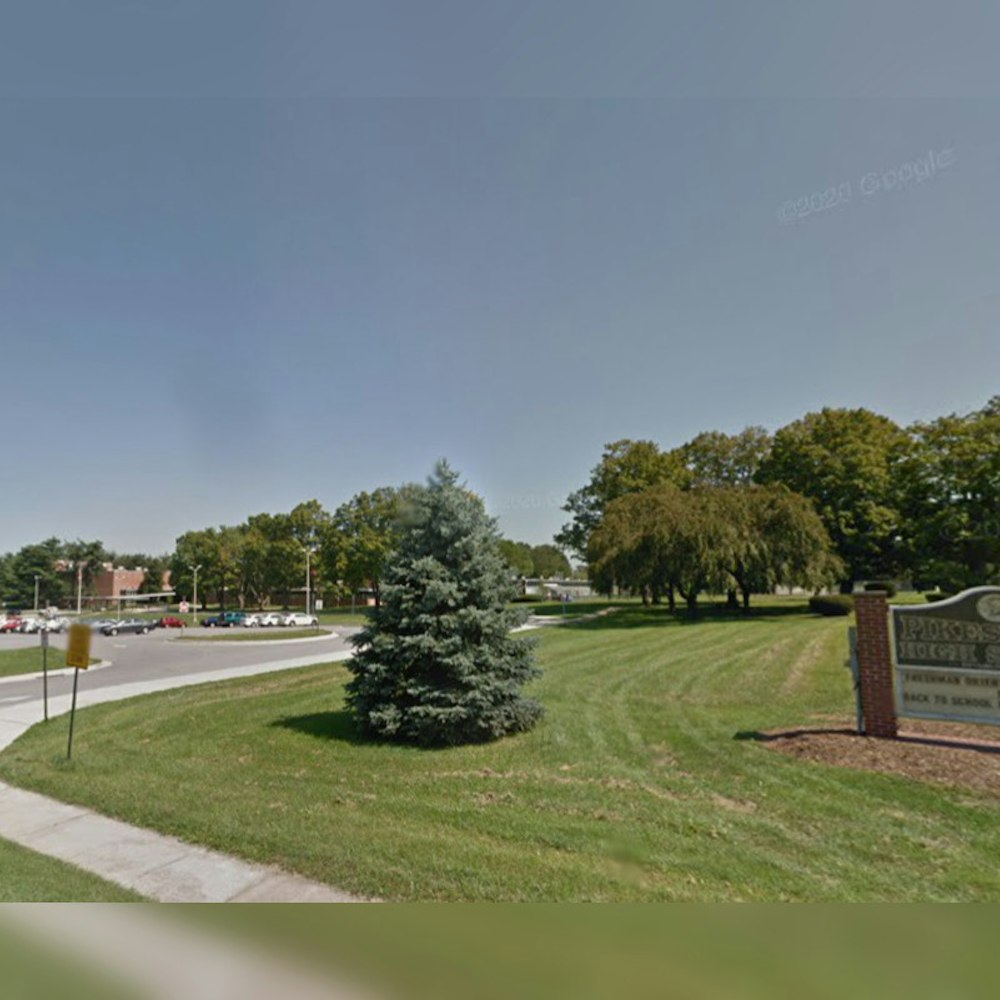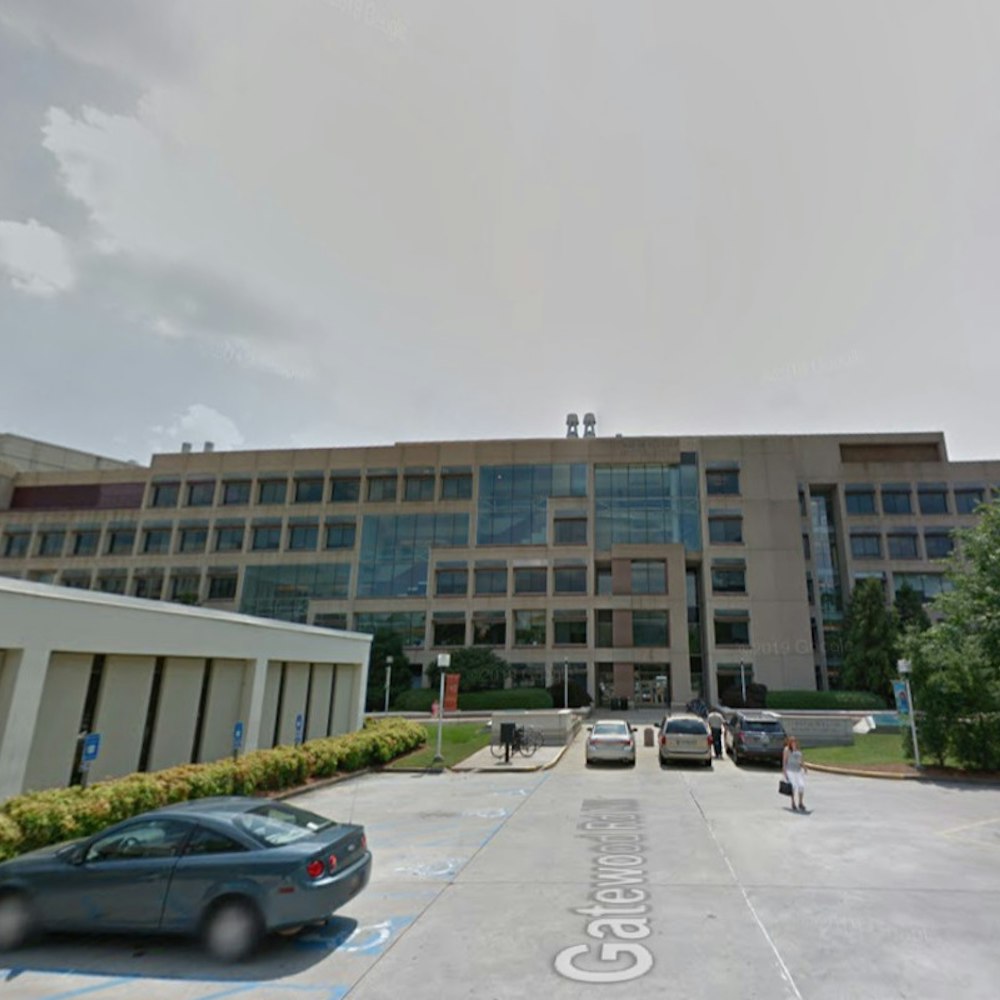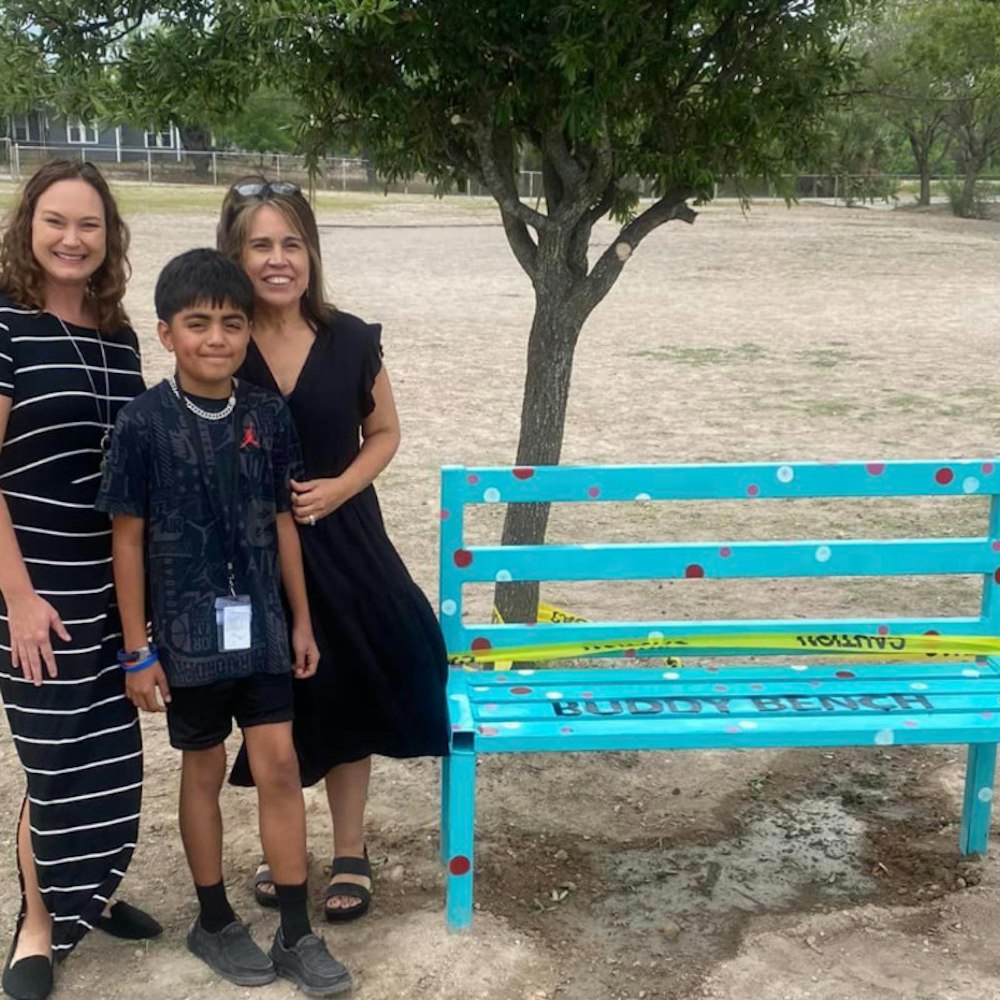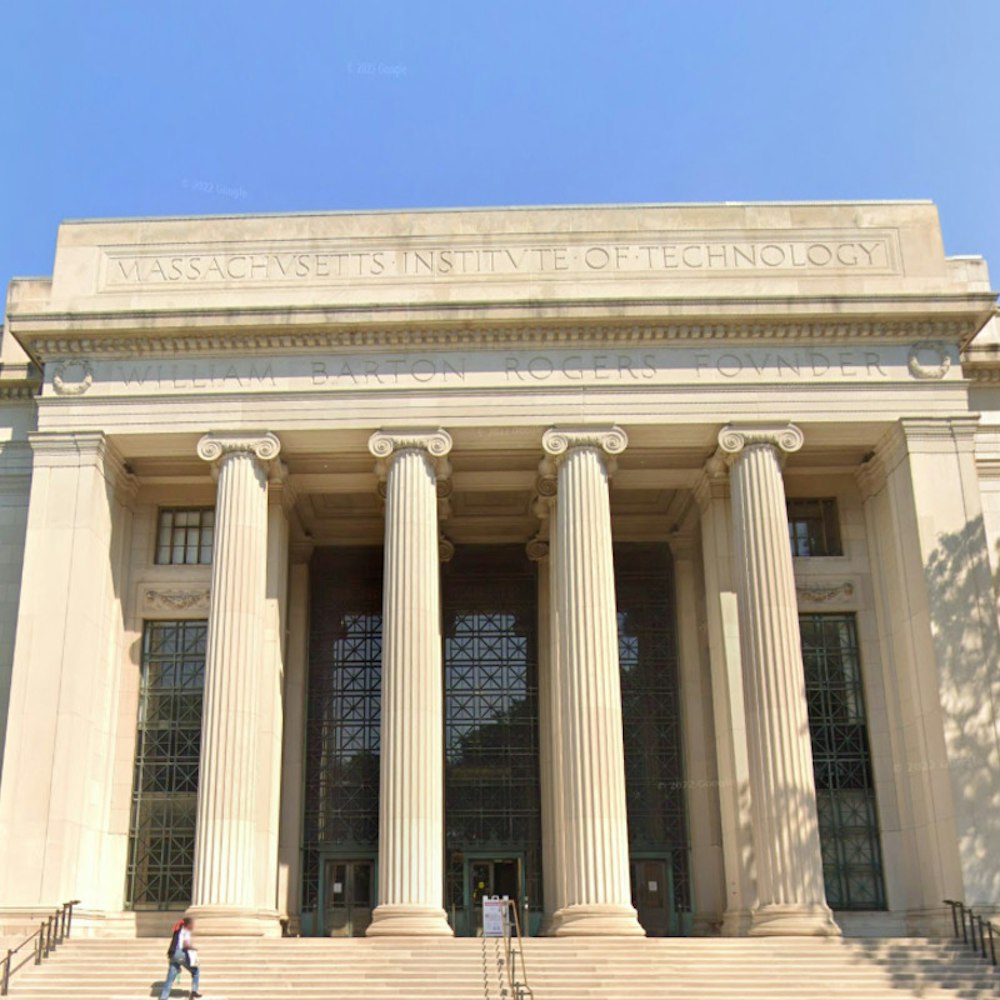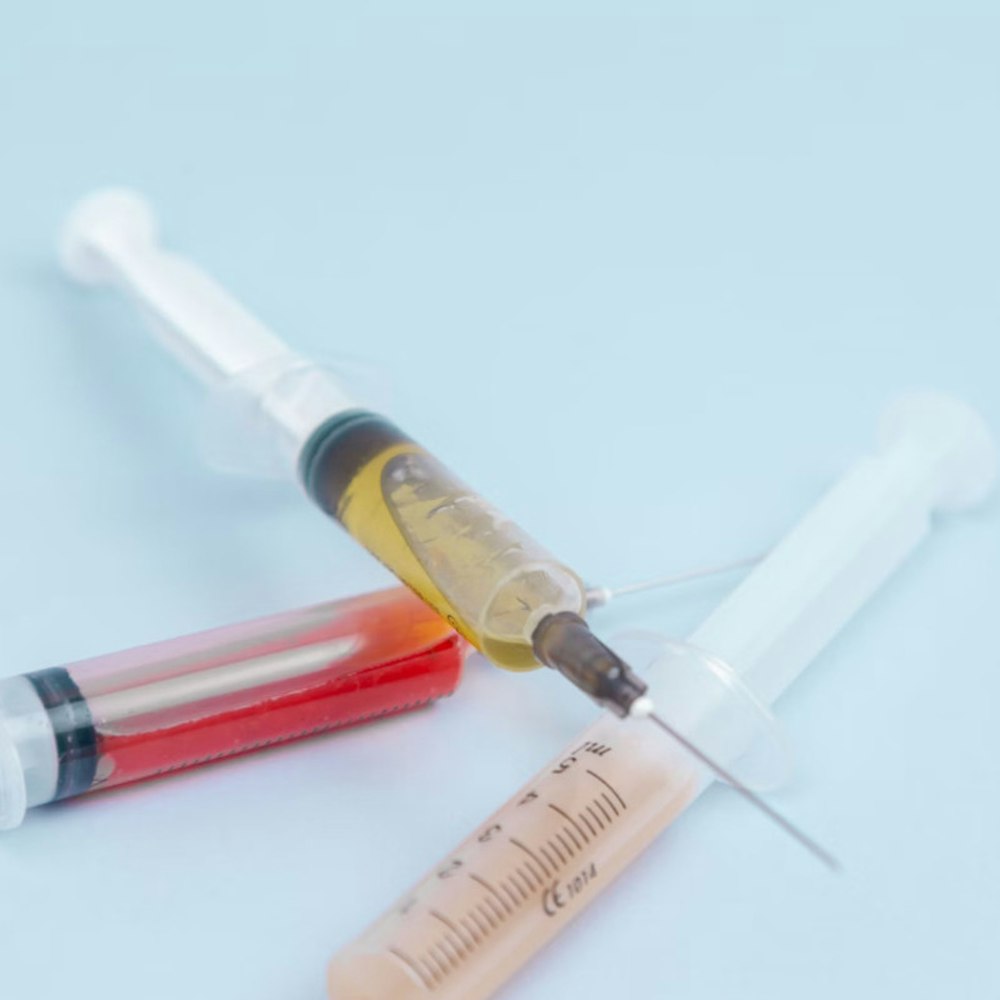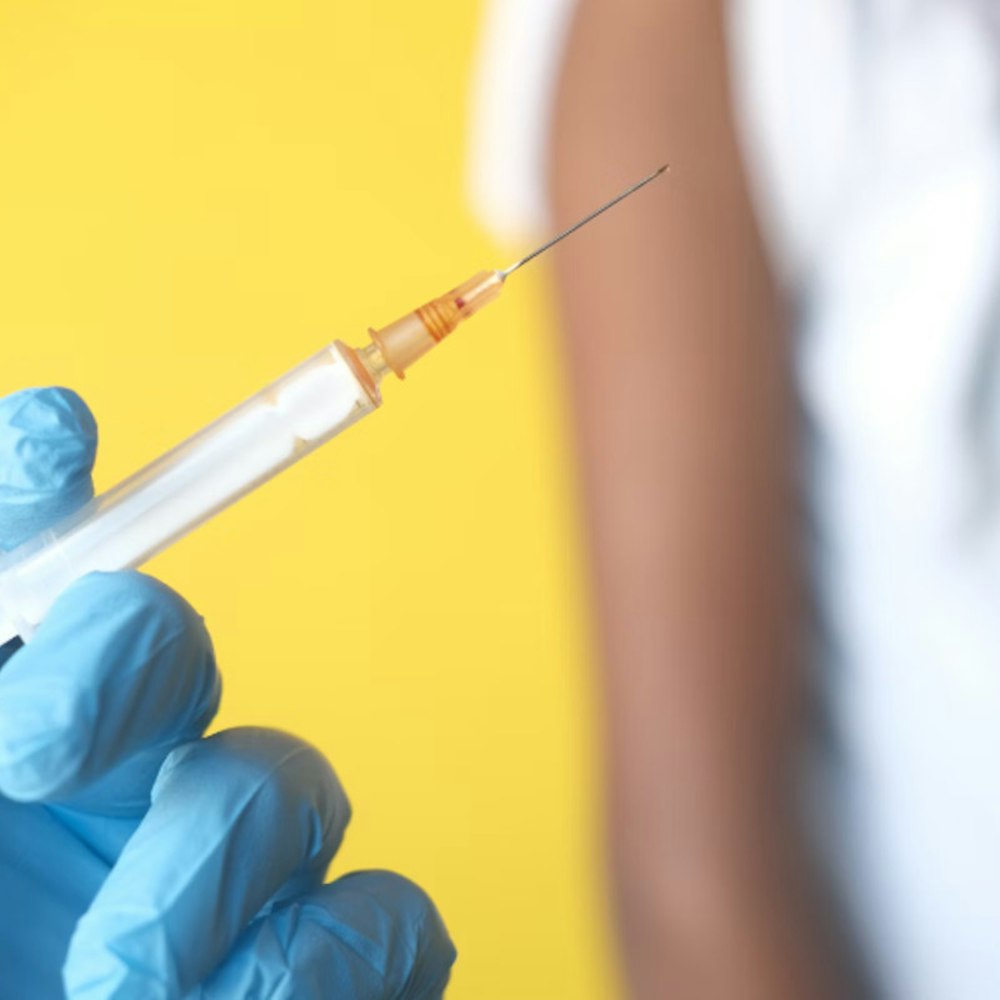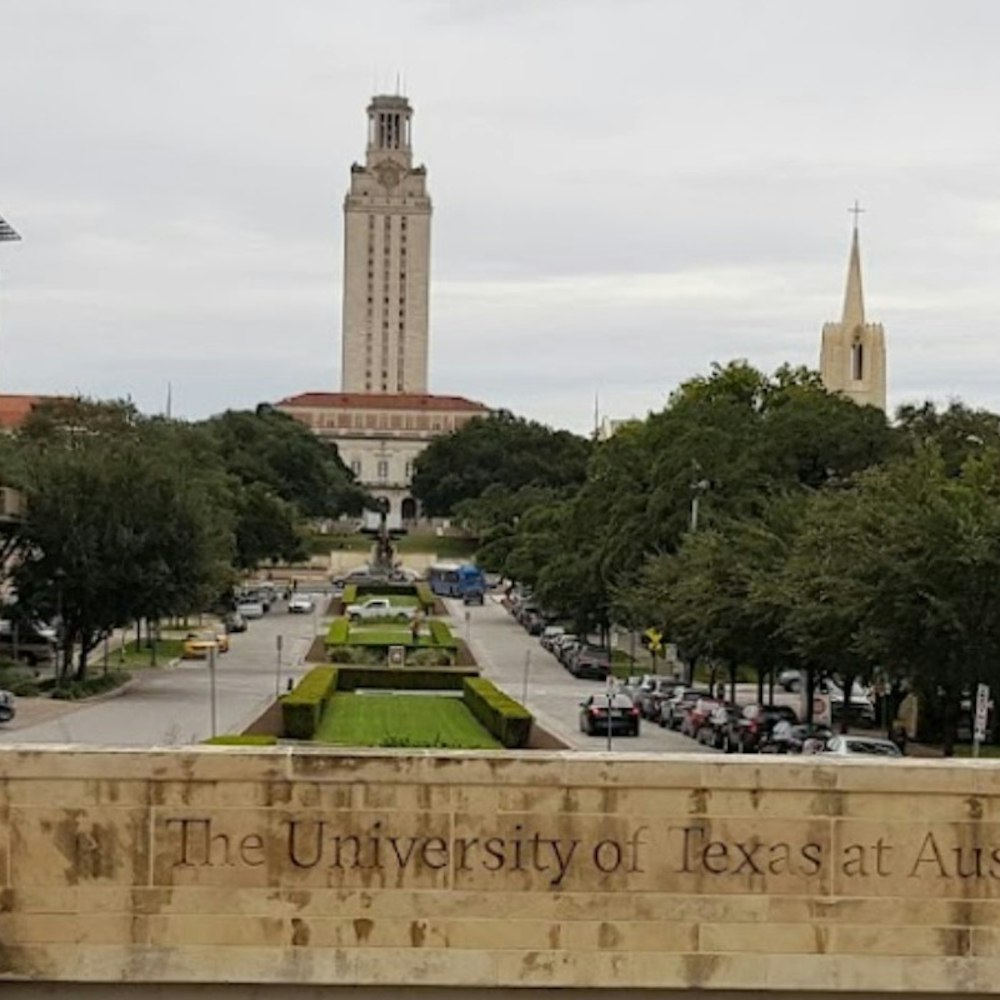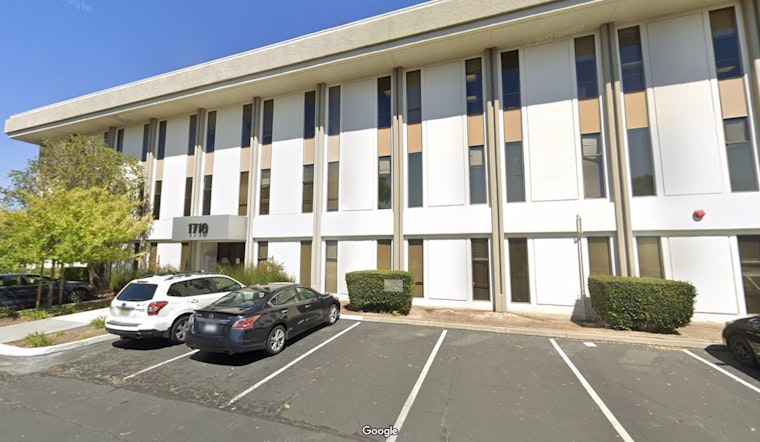
San Mateo-based Fujisoft America, Inc., a subsidiary of publicly-traded software company Fujisoft Inc., has agreed to pay a hefty sum of $1,050,000 to resolve allegations of knowingly violating the False Claims Act when applying for, receiving, and retaining Paycheck Protection Program (PPP) loans totaling $400,000, according to a recent announcement by the United States Attorney's Office for the Northern District of California. In doing so, the company improperly claimed funds designated as a lifeline for small businesses during the COVID-19 pandemic.
PPPs were created in March 2020 under the Coronavirus Aid, Relief, and Economic Security (CARES) Act in order to support the struggling economy by providing forgivable loans to eligible small businesses. PPP loan applicants were required to meet specific criteria to confirm their status as a small business, including a maximum employee count and a significant reduction in revenue from 2019 to 2020.
Despite Fujisoft Inc.'s position as a large, publicly-traded company with over 15,000 employees, its San Mateo subsidiary avoided scrutiny and procured the funds allocated for small businesses, infringing on the spirit of the initiative meant to help those impacted by the pandemic. Disclosed in a settlement agreement, Fujisoft America knowingly submitted false information on its PPP loan applications, falsifying details such as employee count, size restrictions, eligibility, and reduction of gross receipts from 2019 to 2020.
According to the settlement, Fujisoft America, Inc. admitted that, among other things, it was not eligible for PPP loans due to its affiliates having more than 500 employees. Specifically, the San Mateo subsidiary applied for and received a $250,000 PPP first-draw loan in 2020 and later obtained loan forgiveness for that sum under false pretenses. This pattern of deception continued in 2021 when Fujisoft America, Inc. applied for and received a $150,000 PPP second-draw loan, again misrepresenting facts to procure loan forgiveness.
Ultimately, the subsidiary managed to illegally retain a total of $400,000 in PPP funds, supporting large-scale corporate interests rather than aid for small businesses reeling from the pandemic's economic effects. Recognizing the gravity of the matter, U.S. Attorney Ismail J. Ramsey stated, "It is unacceptable for large companies to claim a portion of this limited pool of PPP funds, which was meant for small businesses, in order to enrich themselves at the expense of the American taxpayer." Ramsey emphasized the commitment of his office to pursue businesses that misused the PPP loan program.
In regard to the settlement, Fujisoft America, Inc. has agreed to repay the acquired funds via a defined payment schedule, with the first $500,000 due within seven days of the agreement's effective date and the remaining balance spread over a three-year period. Legal stipulations dictate that if the company defaults on any payment, the remaining unpaid balance becomes immediately due while accruing interest at an annual rate of 12%. Additionally, all payments up to $421,979.45 are considered restitution to the United States, although reserved claims and rights of the U.S. include liability under the Internal Revenue Code, administrative liability, criminal liability, liability for conduct other than the fraudulent conduct, and liability of related individuals.
As a result of Fujisoft America, Inc.'s misuse of the PPP program, the company will forfeit over $1 million to make amends, potentially sending a strong message to corporations that consider exploiting economic relief programs intended for small businesses. As Keven Standley, Acting Special Agent in Charge of the Small Business Administration Office of Inspector General (SBA OIG) Western Region, put it, "Those who violate the False Claim Act by fraudulently receiving and retaining SBA program funds meant for eligible small businesses will be held accountable."
